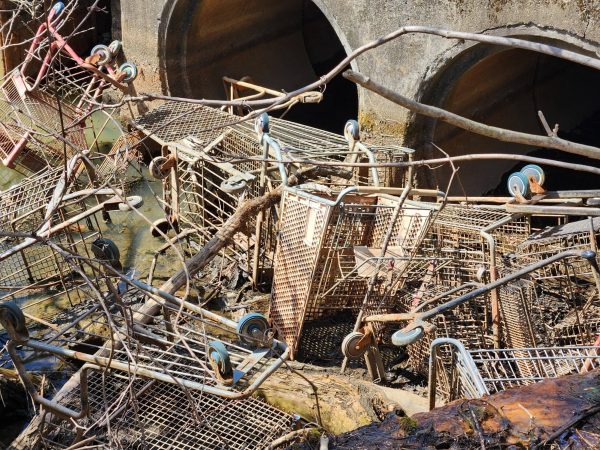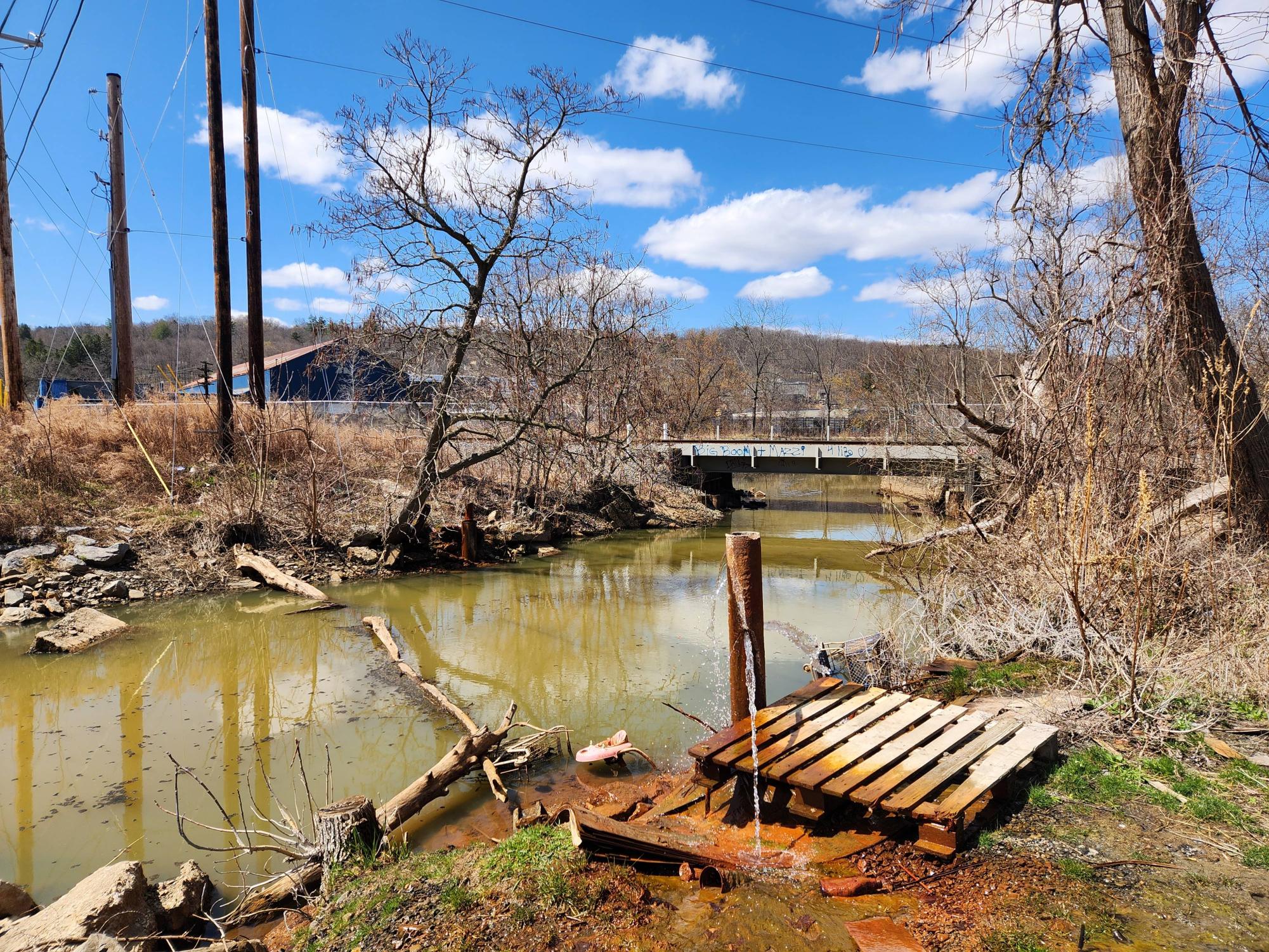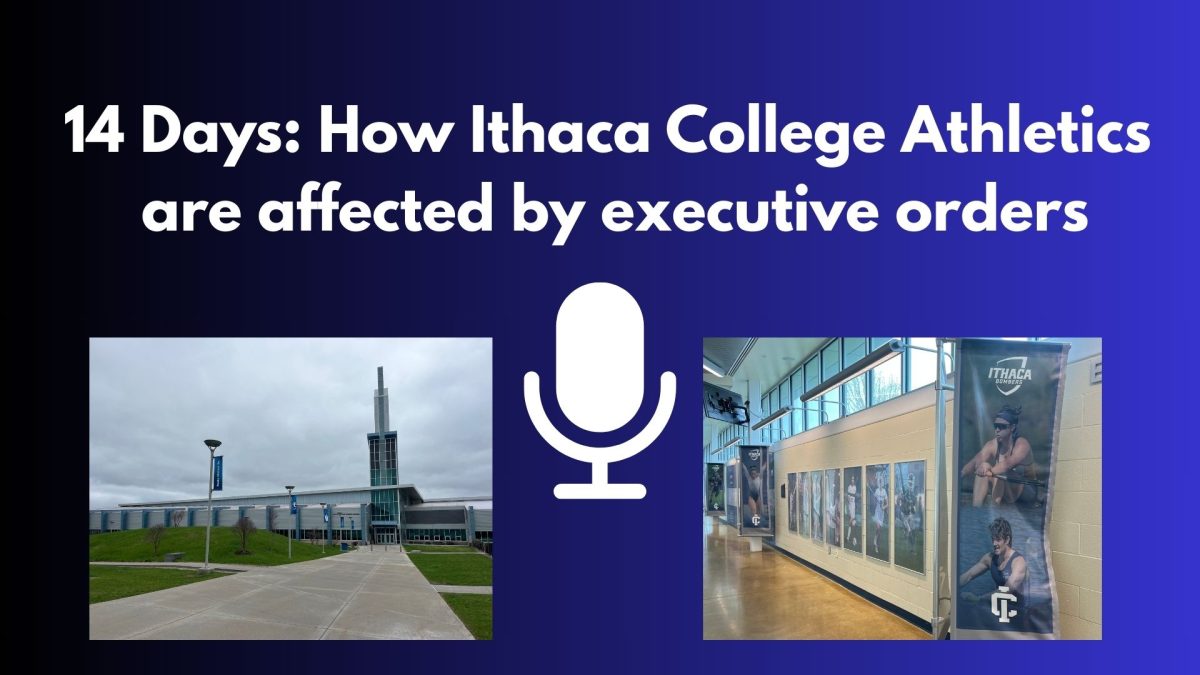In November 2024, the St. John’s Community Services shelter, the last homeless shelter in Ithaca, closed down. Before the start of winter, a Code Blue shelter was set up in a motel for those who were displaced by the closure until a more permanent location was found.
The Human Services Coalition (HSC), a not-for-profit organization, has been working with homeless people living in the community. As part of their objectives, they provide people with local resources — like the new Code Blue shelter set up in the former KeyBank building.
“We have developed a pretty strong partnership with the code blue shelter,” said Nicole Roulstin, the contact center manager. “We have a number of clients coming in almost on the daily from our offices, which are a block away.”
HSC is one of the many groups that are assisting in the city’s Pilot Administrative Policy to Manage Homeless Encampments. The policy was adopted in September 2023, but since then, the Common Council and an advisory committee have been seeking to revise and approve the plan.
Originally, the policy only designated which areas were and were not available for camping, separating land into “non-enforcement zones” and areas under supervision by the city. This occurred after Tompkins County ordered the cleanup of waste on city-owned property in April 2024.
Now, the details are changing to include community outreach.
“The policy really gave us this unique opportunity to engage with people who are camping on city owned land rather than the prior practice of mostly ignoring those encampments on city land,” said Communications Director Dominick Recckio. “It also created an engagement strategy over an enforcement strategy.”

Improvements in encampments
One prong of the policy is the addition of life improvements in the non-enforcement zones. Liddy Barger, the director of Housing Initiatives at HSC, said that though temporary housing isn’t the goal, there is work that can be done to provide dignities in the short term.
Workers from REACH Medical; Opportunities, Alternatives, and Resources; and Second Wind Cottages talked with people who had experience in housing instability for information. The survey responses requested trash removal, bathroom facilities, lockers and potable water as top priorities.
Part of the Pilot plan is also to make encampment zones more easily navigable using markings and disposing of fallen trees, as well as creating access points — for residents and first responders.

Navigation hub
Accessible mobility and transportation are key parts of finding and keeping resources.
“We do have bus passes available, not a huge amount,” said Roulstin. “We give people five days’ worth — up to ten days’ worth, they come back a second time, and then we also connect them with more long term options.”
Part of this is the Pilot’s plan to connect the transit system to a navigation hub, which will be a building outfitted with Wi-Fi, showers, restrooms and mailboxes, along with appointment calendars, application materials and other steps toward wrap-around care.
“Couch surfers are often invisible to the community, and we can see the people that are camping outside very clearly,” said Alderperson David Shapiro. “But what they share in common is that if we were to have a navigation hub, the likelihood of people without service providers, going there for support, is going to be slim.”
While there are many organizations in Ithaca made for the purpose of assisting homeless people and the issues they face, only 31% of them had “a positive exit to a permanent housing destination,” according to data given by HSC’s Continuum of Care network. The goal is for the navigation hub to provide readily available staff and information near encampment zones that will help people out of their current situation.
“Trauma is what stops us from participating in society,” said one of the survey takers, recorded in a Pilot policy report. “Some of us are too far gone to recover. Most of us can be saved. With kindness, consideration and being bold — all things are possible.”
The Common Council discussed the Pilot policy March 12, April 9 and will continue to revise the plan in following meetings.






